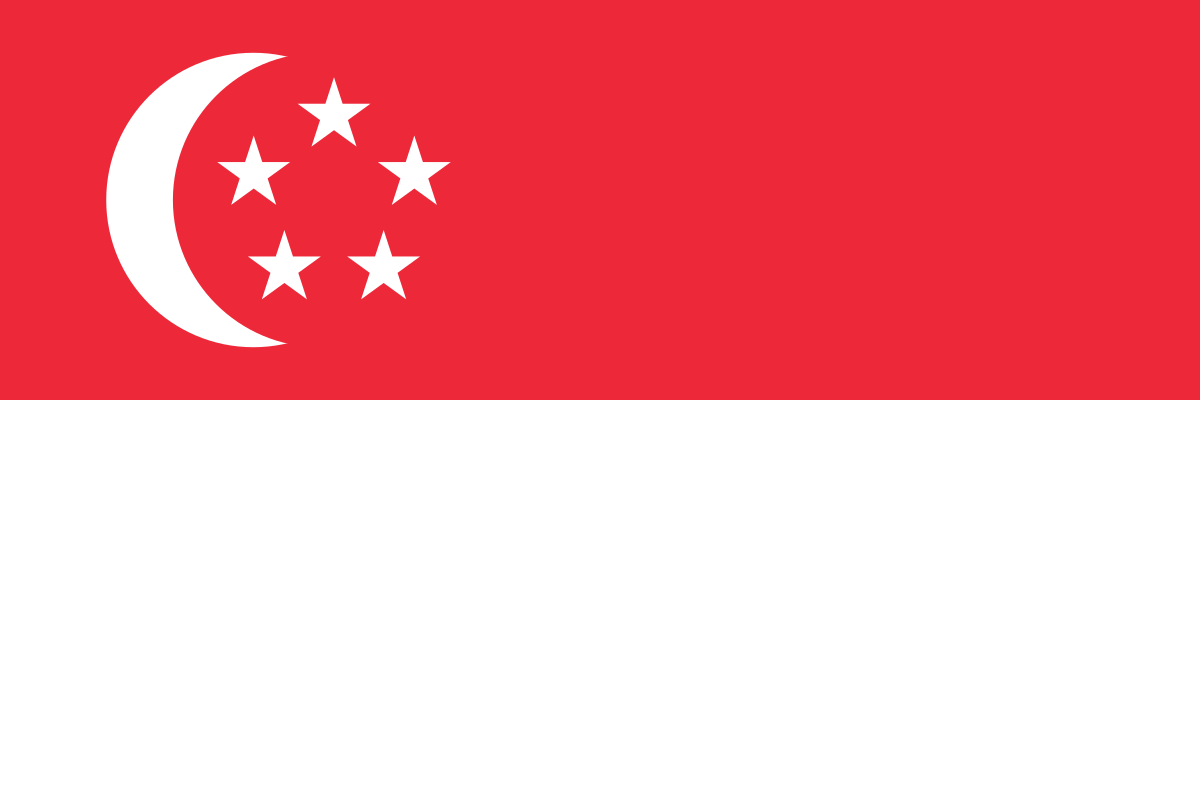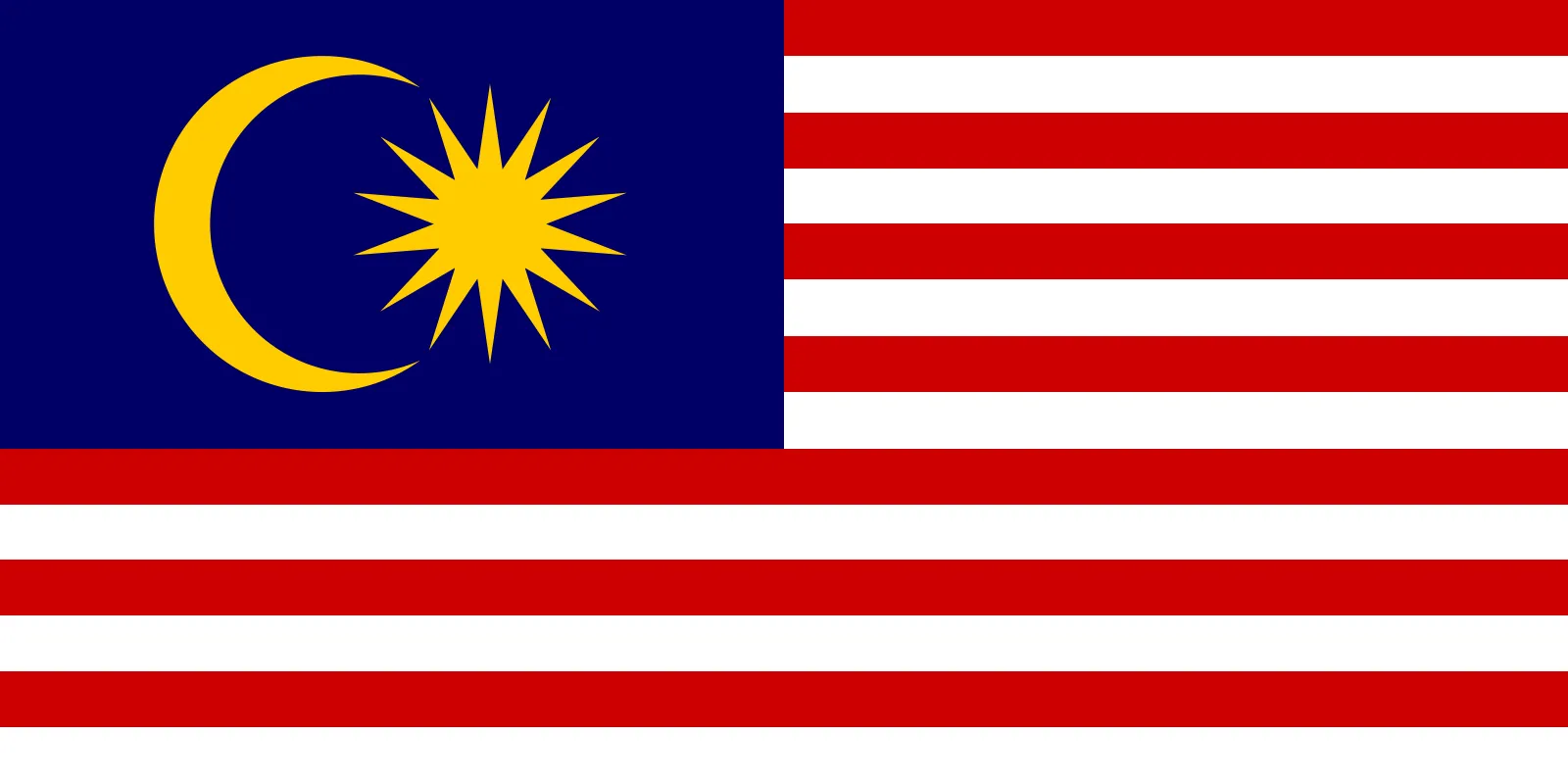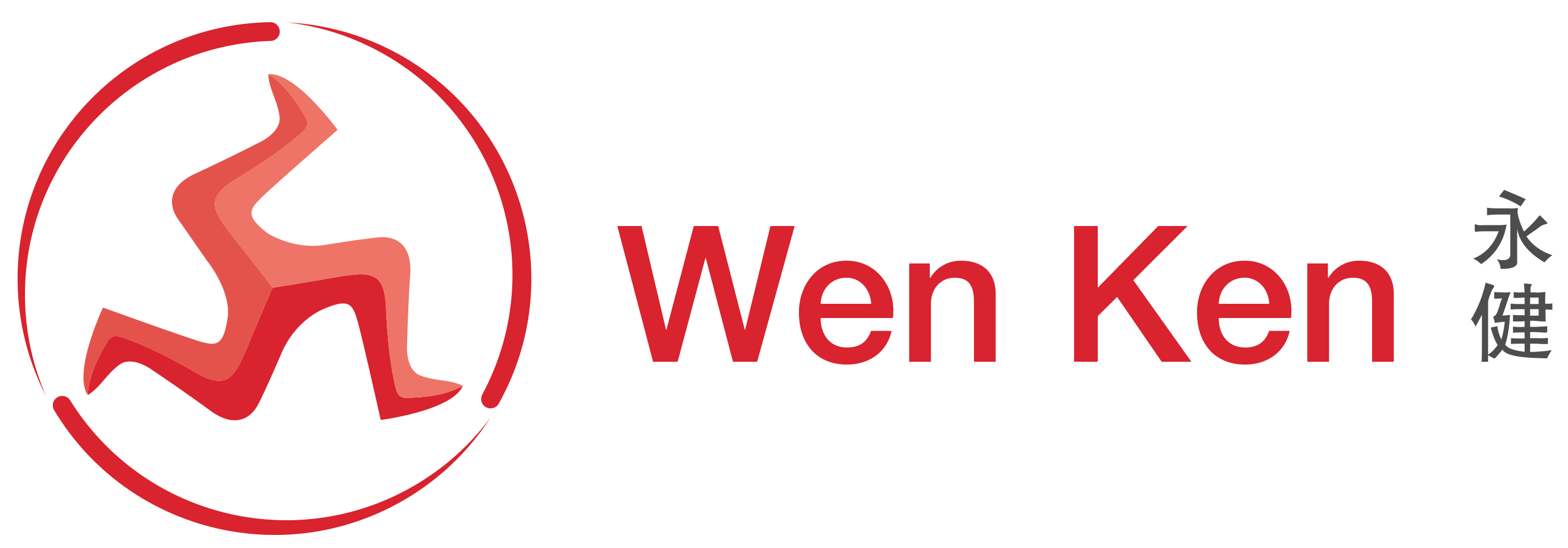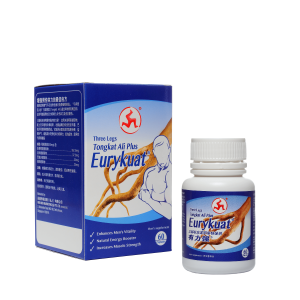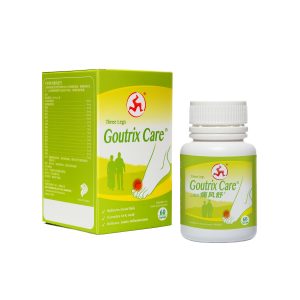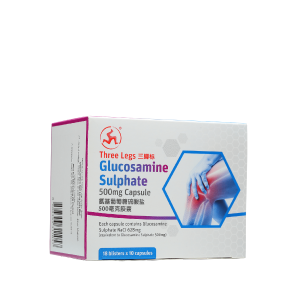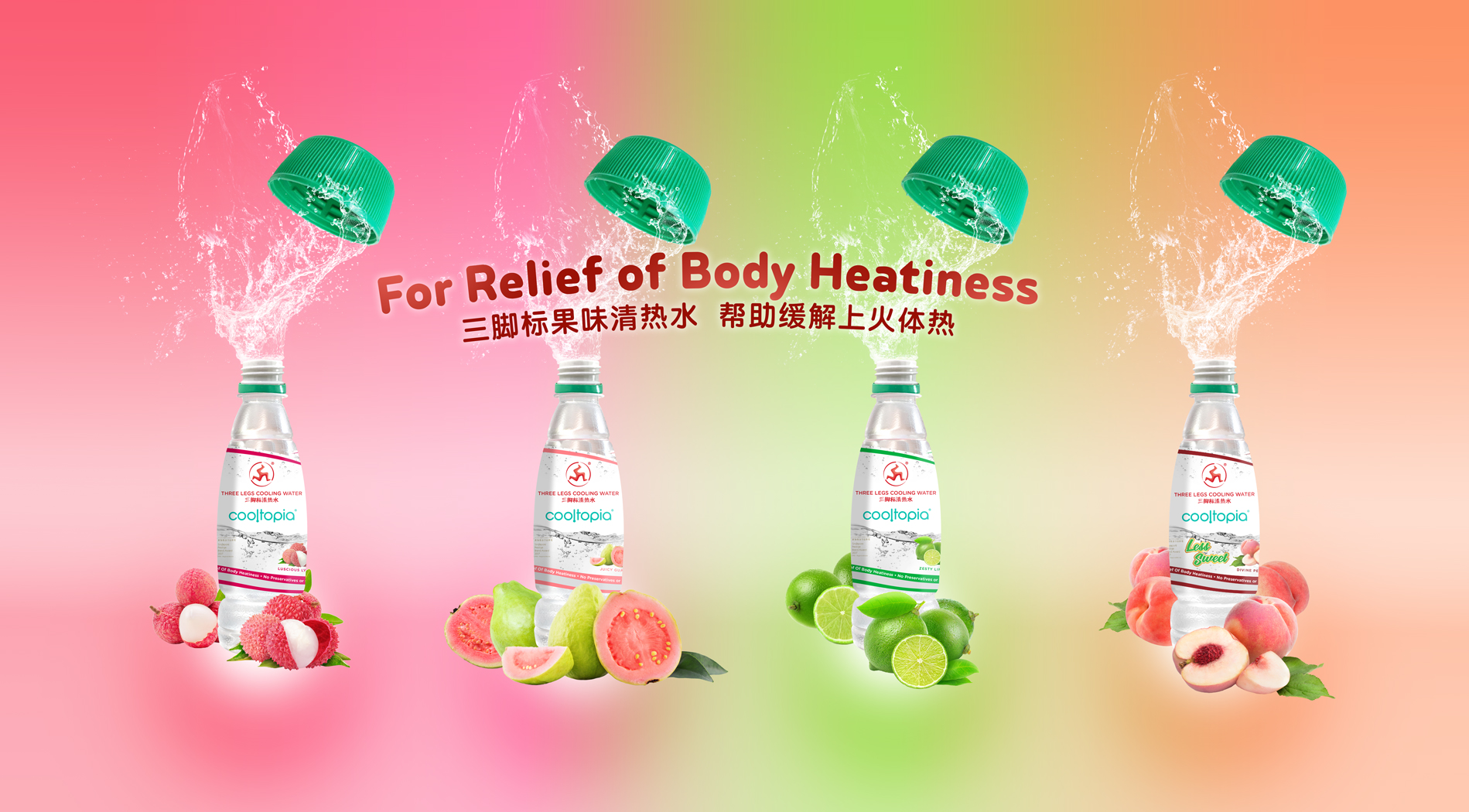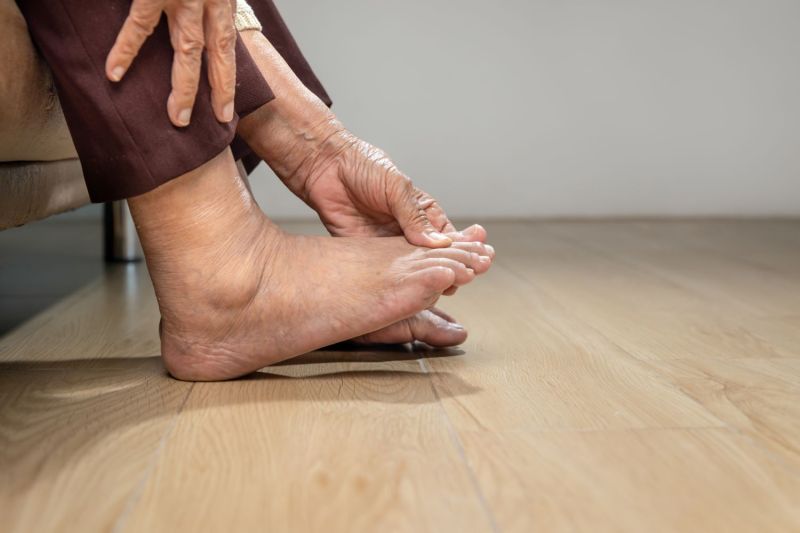Singapore’s healthcare system reflects its rich cultural diversity, balancing oriental medicine practices with modern health supplements. As Singaporeans become increasingly health-conscious, many are exploring the benefits of combining traditional Chinese medicine (TCM) with contemporary dietary health supplements to create a more holistic approach to health care.
Traditional Chinese Medicine (TCM) in Singapore
Traditional Chinese Medicine (TCM) has been practiced in Singapore for thousands of years, rooted in the belief that the body is a balance of yin and yang. Illness, according to TCM, arises from an imbalance in this equilibrium. TCM practitioners employ techniques like herbal remedies, acupuncture, and massage therapy to restore balance, treating the body as a whole—addressing physical, mental, and emotional well-being.
Key Principles of TCM
- Preventive Care: TCM emphasizes maintaining balance to prevent illnesses. A healthy lifestyle, including a balanced diet and regular exercise, is foundational.
- Natural Remedies: Chinese herbal medicines, using herbal remedies derived from plants, aim to address conditions such as cold and heat imbalances, chronic pain, and stress.
While widely accepted, herbal medicines in TCM can face challenges such as variable quality control, the presence of heavy metals in some products, and concerns about side effects or interactions with western medicine. These issues highlight the importance of ensuring proper market research and safety measures for traditional Chinese medicine (TCM) products.
Applications in Modern Health
Modern health supplements are designed to target specific health needs, offering symptom relief and additional nutrients to support fitness, performance, and longevity. These health products include dietary supplements like probiotics, fish oil omega-3, vitamin C, and glucosamine, as well as botanical-based options such as turmeric and ginseng, which also tie back to Chinese herbal medicine roots.
Modern supplements, unlike TCM, are developed through rigorous market research, often backed by western medicine principles and scientific studies. However, despite their convenience and widespread availability, concerns about adverse effects, overuse, or nutrient imbalance remind consumers to exercise caution.
Benefits vs. Cons: Traditional Chinese Medicine (TCM) and Modern Health Supplements
| Category | Benefits | Cons |
|---|---|---|
| Traditional Chinese Medicine (TCM) |
|
|
| Modern Health Supplements |
|
|
The Influence of Traditional Medicine on Modern Health Supplements
Modern health supplements often incorporate elements of oriental medicine, such as herbal remedies and chinese herbal medicine ingredients like turmeric and ginseng. These ingredients, renowned for their effectiveness in traditional Chinese medicine, are now used in supplements that are tested and refined using western medicine techniques. This integration promotes holistic care, blending the strengths of both traditional and modern approaches.
A Combination of Therapies for Effective Treatment
As TCM practitioners and modern health professionals continue to collaborate, more Singaporeans are turning to combination therapies. These approaches integrate traditional Chinese medicine (TCM) with modern health supplements, creating comprehensive solutions that nurture both the body and mind.
The 3 Most Important Health Supplements by Wen Ken
As Singapore’s leading medicine manufacturer, Wen Ken offers cherished supplements that blend herbal remedies with modern science. These include:
| Tongkat Ali | Goutrix Care | Glucosamine Sulphate |
|---|---|---|
Known for vitality enhancement, blending natural and proven active ingredients. | Designed for gout relief, combining traditional herbal remedies and scientific principles. | A popular supplement for joint support, made with scientifically validated active ingredients. |
Healthcare Industry in Singapore – Combination for Better Living
Singapore’s healthcare journey is a testament to the harmony between traditional Chinese medicine (TCM) and modern health products. While TCM practitioners preserve the wisdom of herbal remedies, modern medicine leverages advanced market research and development to create safer, more accessible solutions.
By blending these approaches, Singaporeans can enjoy holistic care tailored to their needs. Whether you prefer the cultural familiarity of TCM or the targeted benefits of modern dietary supplements, the diverse healthcare options available ensure a healthier, happier lifestyle.
